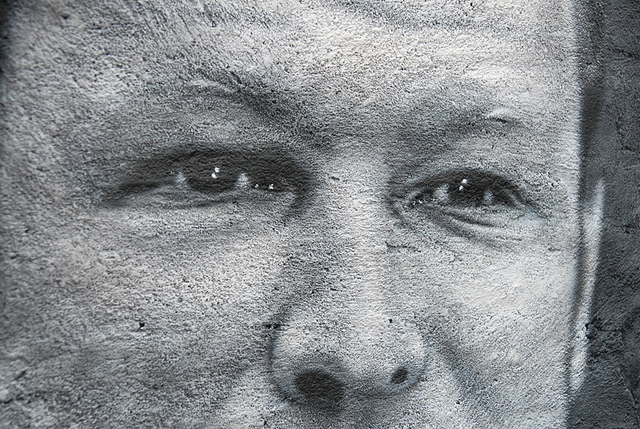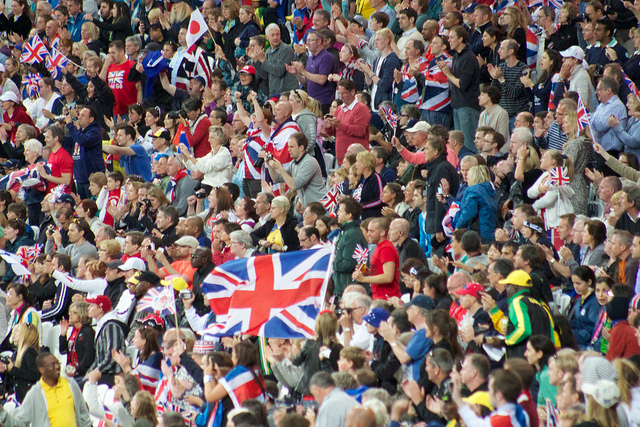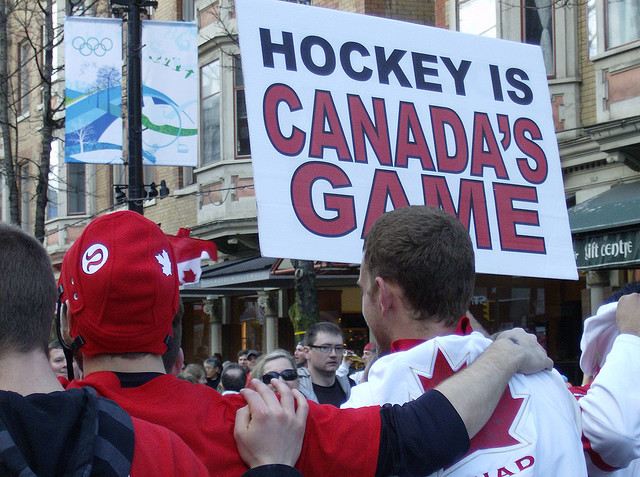 ASEN, in conjunction with the Department of Government, LSE would like to invite you to our upcoming seminar titled ‘Diagnosing Diasporas: A Comprehensive Effort to Understand Variations in Mobilization and Extremism’ with Prof. Dr. Stephen Saideman (Paterson Chair in International Affairs at Carleton University’s Norman Paterson School of International Affairs). The seminar will take place on October 8 at 12.30 at the LSE in KSW. G. 01.
ASEN, in conjunction with the Department of Government, LSE would like to invite you to our upcoming seminar titled ‘Diagnosing Diasporas: A Comprehensive Effort to Understand Variations in Mobilization and Extremism’ with Prof. Dr. Stephen Saideman (Paterson Chair in International Affairs at Carleton University’s Norman Paterson School of International Affairs). The seminar will take place on October 8 at 12.30 at the LSE in KSW. G. 01.
Author Archives: rwytsang
Problems Predicting Extremist Violence
To launch our new theme on extremism and violence, SEN Journal: Online Exclusives is delighted to present a specially commissioned piece by Amy Cooter on the issue of predicting violent action. Over the next few weeks, we will be posting a selection of previews from the print edition of the journal as well as number of new pieces of writing on this new theme.
When researching groups on the political far-right, an important and commonly asked question is: How can we predict which groups or individuals will eventually participate in violent action? In recent weeks, this question has become increasingly pertinent as we’ve witnessed the sentencing of Norway’s mass murderer Anders Breivik and numerous mass shootings in the U.S., including Wade Page’s terrorism at a Sikh temple in Wisconsin.
Human behaviour is an incredibly complex and fluid amalgam of social and psychological factors, and it is unlikely that we will ever develop an accurate predictive tool to consistently identify such perpetrators before they act. Such a tool certainly cannot be developed in a short blog post, but here I will briefly present some issues that are important when assessing violent events of this nature.
First-hand Experience: National Pride and the Olympics
As the Paralympics kick off in London tonight, SEN Journal: Online Exclusives is delighted to present our final exclusive article on the theme of nationalism, ethnicity and sport. Regular contributor Sonia Morland writes of her own experiences at the Olympic games earlier this summer, describing some of the differences in national crowds, and reflecting upon an unexpected source of national pride. Let us know what you think!
A lot has been said over the past few weeks about the revival of national pride in Britain, as our nation’s sportsmen claimed medal after medal at the Olympics. But that was not my experience of London 2012. I was working at Earls Court, where the volleyball was playing. For a British patriot, there was small comfort available there – neither the men’s nor women’s team managed to make it as far as the quarterfinals. Yet this did not stop me or my colleagues having a positive experience, as we all enjoyed watching the spectators from other countries, as they turned up to watch their nations compete in the volleyball. There was a certain enjoyment in watching nations live up to their stereotypes; I helped clean the stadium after every game and it was after the Russia vs. Poland match that we had to pick up the most empty alcohol bottles. I was especially interested by the varying efforts of different nations to showcase their national pride. Few Brits dressed up or brought flags along with them, whereas almost every Pole came entirely decked-out in the national colours of red and white. Long after the Polish team lost one match, the fans continued to sing the Polish national anthem and displayed an obvious reluctance to leave. This made me wonder whether the success of one’s national team is really an essential ingredient to one’s sense of national pride. At the volleyball, many fans simply relished the chance to display their patriotism and, when I spoke to a few, they confessed to never having shown an interest in volleyball prior to the game they had received tickets for.
Exclusive Preview: ‘Whose Game They’re Playing’: Nation and Emotion in Canadian TV Advertising during the 2010 Winter Olympics
Continuing with our focus on nationalism, ethnicity and sport, SEN Journal: Online Exclusives is very pleased to present an exclusive preview of Steven Mock’s article ‘‘Whose Game They’re Playing’: Nation and Emotion in Canadian TV Advertising during the 2010 Winter Olympics’, which was published in a recent edition of our journal.
Abstract
Through the examination of four commercials advertising products by transnational corporations broadcast to Canadian audiences during coverage of the 2010 Winter Olympics in Vancouver, this article explores how certain images, particularly those related to hockey, appeal to emotion through the conduit of national identity. Drawing out recurring symbols and themes, I demonstrate that it is not one’s love of hockey in itself, or the excitement one feels watching hockey to which these commercials appeal. Rather, hockey serves in these commercials as a national ‘totem’, an empty signifier like a flag whose primary meaning lies in its status as emblem of the group, recognised in common by members of the group as encapsulating and organising the otherwise heterogeneous assortment of myths, symbols, and values that constitute group identity. What these commercials do, intentionally or not, is re-enact a ritual of almost religious function in which the national group reaffirms its agreement to be a group by unanimously experiencing the same emotion over the same object. The success of the advertisement rests in the ability of the advertiser to incorporate the product as a participant in the ritual; as a vital ingredient to the successful completion of the ritual, if not as an honorary non-human member of the group itself.
Event: Killing the Father in Germany
Stephan Feuchtwang, Felix Römer and Hans Steinmüller in conversation with John Borneman. Chair: Peter Skrandies
Friday 15th June, 3-5pm, London School of Economics and Political Science, Old Building, room 3.28
In 1967, psychoanalysts Alexander and Margarete Mitscherlich famously analyzed postwar Germany as a ‘fatherless society’ that was unable to mourn. John Borneman, a Princeton anthropologist, discusses what has happened to this thesis, and the different forms in which Germans have in the postwar period killed their fathers, both at home and in national politics.



